April 20, 2017
US telecommuting cuts greenhouse gas emissions by 3.6 million tons a year 0
 Ahead of Earth Day this Saturday, FlexJobs and Global Workplace Analytics have released new data on the environmental impact of the existing flexible workforce of ‘telecommuters’ in the US. Assuming they work from home around half of the time (2.5 days out of a 5 day working week), these flexible workers cut the distance travelled in cars by around 7.8 billion miles a year and the amount of greenhouse gas emitted by 3.6 million tons per year, according to the report. The study claims that the environmental impact of telecommuting is seen in a number of ways because commuting contributes greatly to driving, the second largest source of US greenhouse gas emissions, while company offices are a part of the third largest contributor to greenhouse gas emissions in the US.
Ahead of Earth Day this Saturday, FlexJobs and Global Workplace Analytics have released new data on the environmental impact of the existing flexible workforce of ‘telecommuters’ in the US. Assuming they work from home around half of the time (2.5 days out of a 5 day working week), these flexible workers cut the distance travelled in cars by around 7.8 billion miles a year and the amount of greenhouse gas emitted by 3.6 million tons per year, according to the report. The study claims that the environmental impact of telecommuting is seen in a number of ways because commuting contributes greatly to driving, the second largest source of US greenhouse gas emissions, while company offices are a part of the third largest contributor to greenhouse gas emissions in the US.








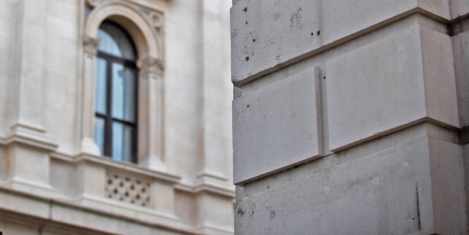










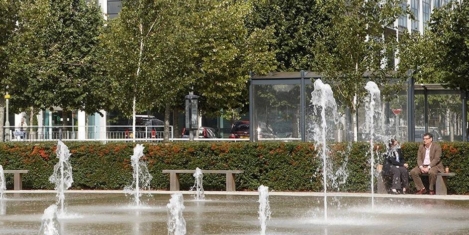
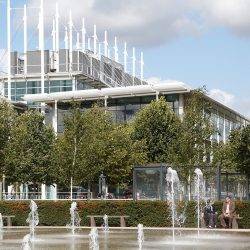


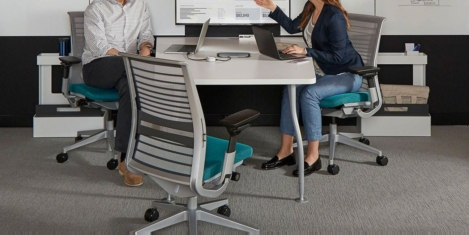
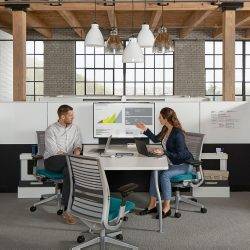











April 7, 2017
Flexible working is not a magic bullet for workplace ills 0
by Charles Marks • Comment, Flexible working
(more…)